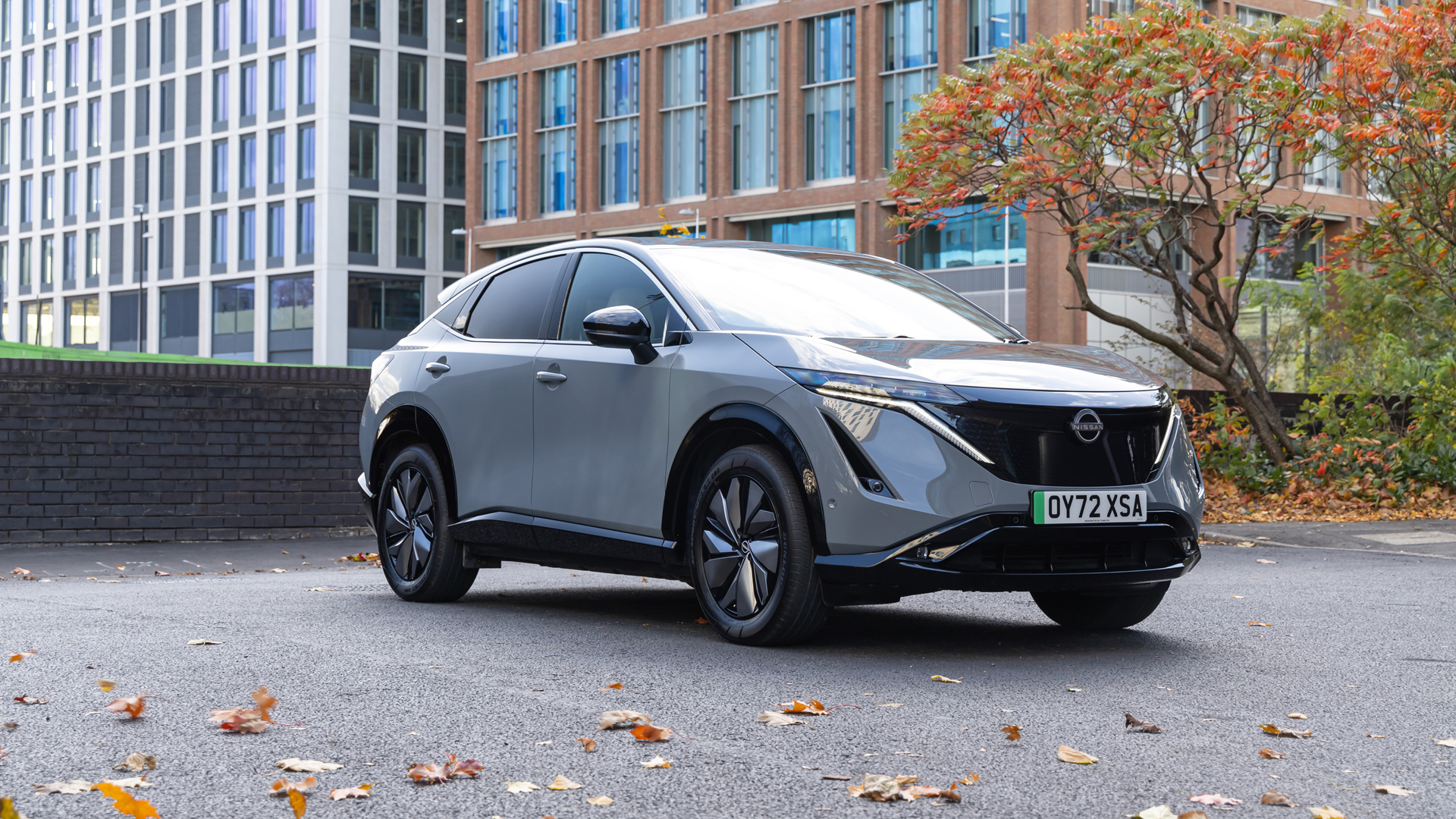Nissan plans to slash prices of future electric cars
Plans price reductions of 30% to boost EV sales


Quick summary
Nissan plans to reduce the cost of electric vehicles by 30% by 2030 to make them competitive with traditional combustion cars.
This will involve using multiple car model families and investing in new battery technologies.
Nissan has outlined aggressive plans to drive down the cost of electric cars – aiming for price parity between combustion and electric models by 2030. The Arc, as the plan is called, will see a number of changes to Nissan to deliver better value to customers and drive increased electric car sales.
Nissan is one of the founding brands in electric cars; the Nissan Leaf paved the way for many modern EVs, originally launching in 2010 and updated in 2017, massively changing its offering in the process. But it wasn't until 2022 that Nissan launched its second electric car offering, the Nissan Ariya.
Launching the Ariya made perfect sense, getting into the SUV segment, but compared to the launch cycle of some of its rivals, you could say that Nissan is lagging behind. The new plan outlines that Nissan will launch 30 vehicles in the next three years. Of those, 16 will be electrified and 14 will be combustion models.
Don't be misled by "electrified", however, as this will include some hybrid models, like Nissan's e-Power Qashqai, rather than being pure electric. Importantly, Nissan wants to drive down the price of electric cars by 30% compared to Ariya.
How does Nissan plan to reduce electric car prices?
Nissan doesn't give a huge amount of detail, but there is some strategy revealed.
It is going to focus on family development, much in the same way that other big car manufacturers have, like Volkswagen Group. That has resulted in, for example, the MEB platform used for the VW ID.3, ID.4, Cupra Born, Audi Q4 e-tron and more. Across VW brands – VW, Audi, Cupra, – there's been a surge of electric model options.
Nissan says that family development will speed up vehicles based on the original platform by four months, with costs reduced by 50%. But the company also says that trim part variation will be reduced by 70%, so it's likely that many of these cars will look the same on the interior.
Get all the latest news, reviews, deals and buying guides on gorgeous tech, home and active products from the T3 experts
Nissan is also investing in new technologies, including solid-state batteries, while promising to bring huge enhancements to NCM li-ion (nickel cobalt manganese lithium-ion) batteries, including a 50% reduction in charging times and a 50% increase in energy density compared to the Ariya.
It's an ambitious plan for sure and it will see Nissan making a number of changes. With six new models due to launch in Europe and the UK - and a 40% mix in electric car sales by 2026 - you can expect to hear a lot about Nissan over the next couple of years.

Chris has been writing about consumer tech for over 15 years. Formerly the Editor-in-Chief of Pocket-lint, he's covered just about every product launched, witnessed the birth of Android, the evolution of 5G, and the drive towards electric cars. You name it and Chris has written about it, driven it or reviewed it. Now working as a freelance technology expert, Chris' experience sees him covering all aspects of smartphones, smart homes and anything else connected. Chris has been published in titles as diverse as Computer Active and Autocar, and regularly appears on BBC News, BBC Radio, Sky, Monocle and Times Radio. He was once even on The Apprentice... but we don't talk about that.